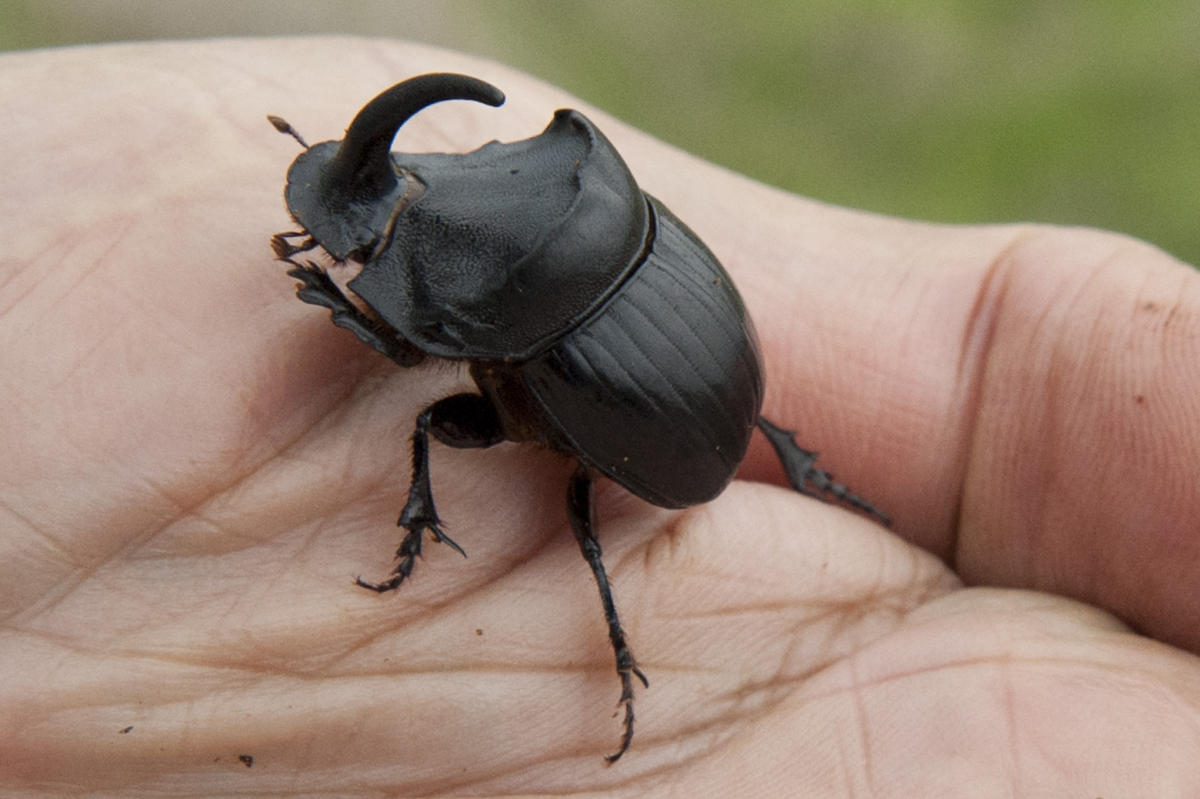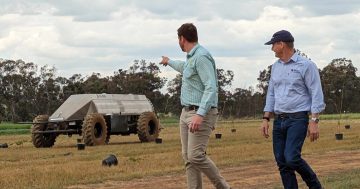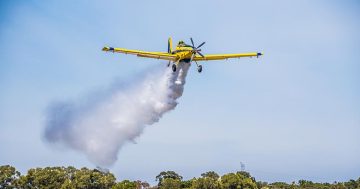
The Western Australian Government believes that the dung beetle is vital in the fight against bushflies. Photo: WA Department of Agriculture and Food.
The Western Australian Labor Government will spend half a million dollars to use dung beetles in the fight against the native bushfly population, hoping for a boost to tourism and agriculture.
Due to the dung beetle’s natural ability to break down cow pats by eating and burying them, they reduce the bushfly population by largely eliminating a key part of their reproductive cycle as they deny habitat for fly larvae.
The scheme has previously been used by the Australian Government to reduce bushfly populations and has been used worldwide for its positive effect on seed burial, plant yield and soil nutrition.
Several populations of the introduced beetle are already established in Western Australia.
The scheme provides benefits to pastoralists and the initiative includes support for South West livestock producers looking to integrate dung beetles into their operations to enhance soil health, increase milk production and boost animal growth rates.
Outreach and education are vital to the program, and the government seeks to aid farmers and landowners in understanding the lifecycle of the bushfly and the benefits that reducing its population may bring to the health of both livestock and businesses.
“The dung beetle is our secret weapon in the fight against WA’s growing fly population,” Agriculture and Food Minister Jackie Jarvis said.
“We all know how annoying flies can be and this innovative solution will help provide relief for tourists and residents as well as improve soil health and productivity for local farmers.
“Dung beetles are a small bug that could have a big impact on Western Australia’s fly population, and the benefits could be felt as far as Perth.”
Warren Catchments Council Inc has been awarded the tender to manage the soil health initiative and support the long-term dung beetle population in the South West.
As part of research and trials, tourism businesses and farmers will be asked to be involved in the process so that more suitable dung beetle species are identified over less suitable ones.
More information on the dung beetle soil health initiative is available on the Department of Agriculture and Food’s website.









